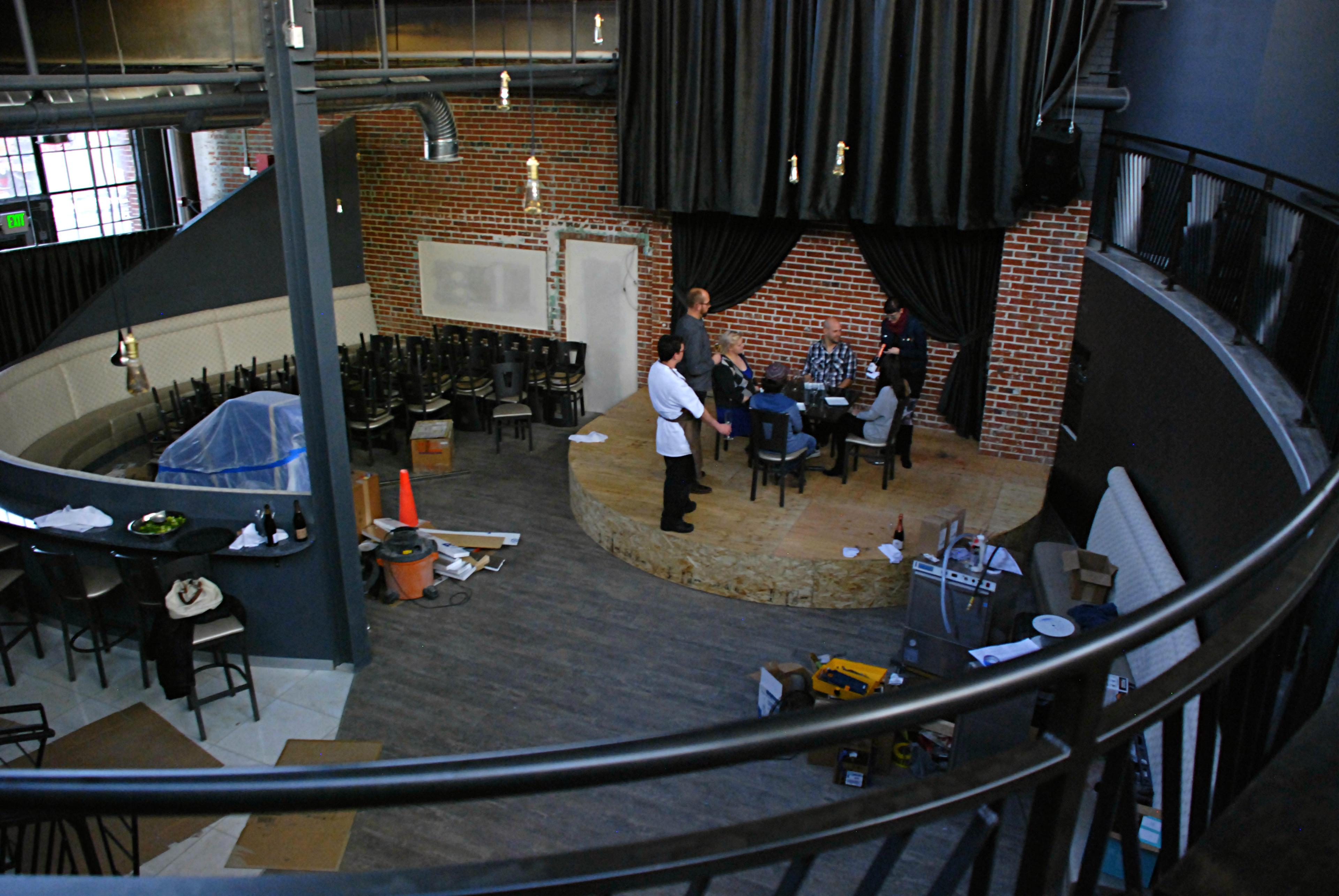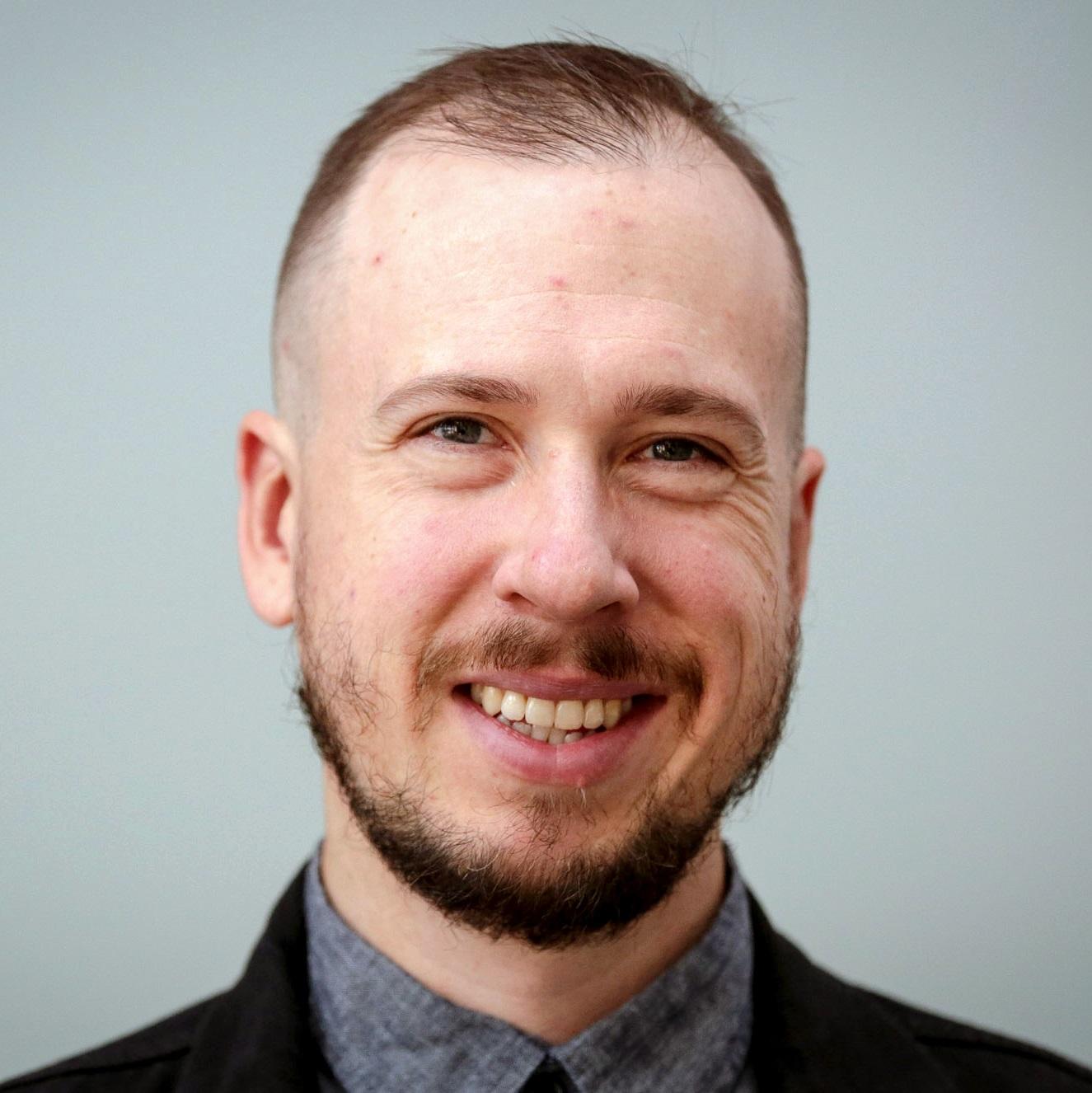
The song “Harlem Nocturne” is one of Scott Mattson’s favorites. The drummer has performed the jazz standard many times. And it inspired the name of a new jazz and supper club owned by Mattson and his wife, Nicole.
The owners of Nocturne plan to open their new club to the public in Denver's River North neighborhood on Monday, March 9.
"Nocturne means night song, and the idea was to give this town a brand new place to go late at night,” Mattson said.
Denver has been a jazz hub at times over the decades. And Nocturne's owners hope they can inject more life into the scene.
The club seats more than 100 people and will host live gigs six nights a week. It will emphasize Colorado acts playing a range of styles from standards to originals.
Audiences at Nocturne will pay $5 to $10 to see music on top of food and drink costs. Mattson has made a commitment to pay each act at least $100 a night regardless of the crowd size. Bands will be in residence, performing a weekly gig for three months.
“We have dozens and dozens of cats who are looking for work, and they’re as good as anyone is," Mattson said. "They just don’t have enough places to play.”
A risky proposition
But many people in the community -- including Mattson himself -- acknowledge that opening a jazz club at this time is a great risk.
Opening a club can be hit or miss with so many other options for dining and entertainment in Denver, said Arturo Gomez, music director at Denver's independent jazz radio station KUVO.
“It’s just not easy," Gomez said. "Honestly I would not want to be in the management of a jazz club. The business side of it kind of scares me.”
A handful of small clubs in Denver have closed within the last decade, including Sambuca and Trios Enoteca. And former jazz stalwarts, like El Chapultepec and Jazz at Jack's, don’t feature live jazz as regularly as they used to. Instead, they feature more blues, salsa and even karaoke nights.
"Some people just flat out don’t like the term, and they won’t give anything labeled as jazz a chance," said Stephen Watts, co-owner of Jazz at Jack's and saxophone player in Denver jazz band Dotsero. "It’s almost like jazz and other spices, so there's something for everybody and we have more of a balance."
When jazz was king
Things were different back in the mid-20th century when jazz was king in the city, pianist Purnell Steen said. The 73-year-old remembers when many people called the Five Points neighborhood the Harlem of the Rockies.
Steen recalls venues like the Rossonian Lounge, the Voters Club and Lil's as well as the big names -- like Ella Fitzgerald, Duke Ellington and Miles Davis -- that performed in Five Points.
"And then for about 15 years, Colfax was the center of jazz in Denver," Steen said. "It was great. Music was everywhere and one could play five nights a week.”
Signs of a possible upswing
One small club has managed to maintain a high profile since opening in the Golden Triangle neighborhood in 1998. At Dazzle, you can hear jazz every night and even during the day on weekends. The lineup often includes touring bands. And January ticket sales were up 14 percent over last year.
Music director Kevin Lee says he now books most gigs months in advance.
“Our calendar is definitely full," Lee said. "So when people do reach out, we do need more spaces to play because we don’t have availability.”
Beyond Dazzle, there are other signs of an upswing. Jazz station KUVO, which turns 30 this year, earned acclaim from both Downbeat Magazine and the UK Telegraph as a top jazz and Internet radio station in 2014.
"We need to continue spreading awareness of jazz and promoting jazz as a culture of the U.S.," Gomez said. "And the youth need to help carry the torch into the future."
Also, Front Range jazz education programs are growing. Now with eight different bands, the Colorado Jazz Workshop serves adults looking to perform jazz under the direction of professional players and conductors weekly.
Denver School of the Arts reports that enrollment in its jazz department is 45, nearly three times as much as five years go. And the size of the school's jazz camp nearly doubled last year to 50 participants.
The Colorado Conservatory for the Jazz Arts has around 115 participants, an all-time high. Many students are drawn to the program by globetrotting faculty -- like Eric Gunnison -- who don’t just teach jazz by the book, co-founder Paul Romaine said.
"There's so much depth in terms of what they bring to the music," Romaine said. “And I think when the kids see that in action, it empowers them to innovate using the tools they are given."
Denver musician Josh Trinidad hopes the new jazz club Nocturne will bring even more innovation to the party.
The classically trained trumpeter studied jazz and now also performs other genres like hip hop. Trinidad says it’s important to remember that jazz is a genre that always changes with the times.
"I hope it's a place where it’s OK to not play the traditional music but to really try some cool stuff out and bring an audience in that is going to be receptive to some new stuff,” Trinidad said.









